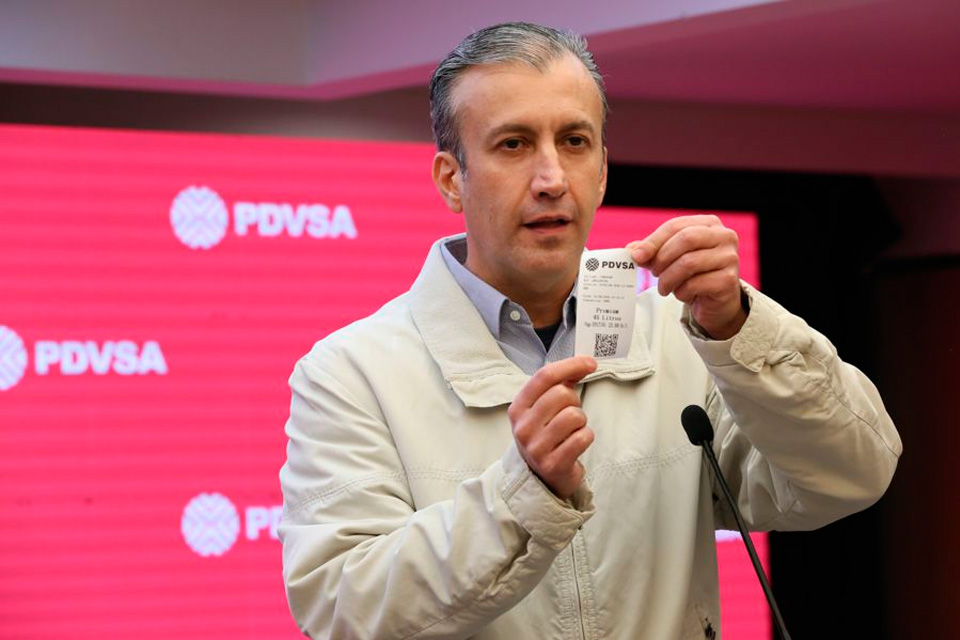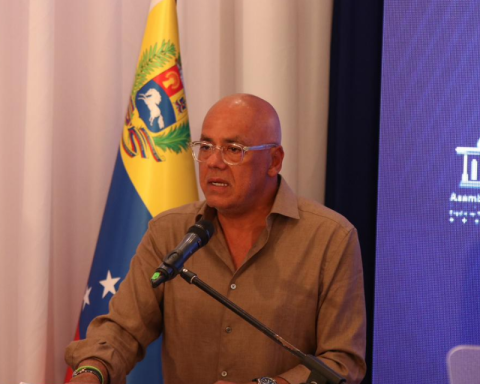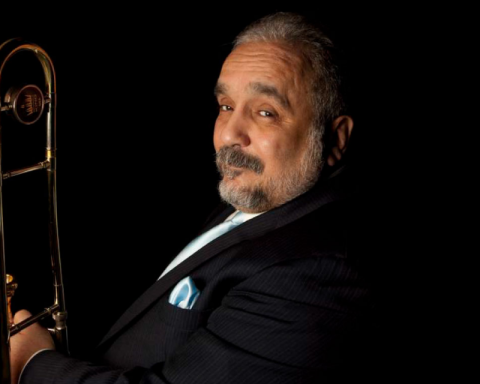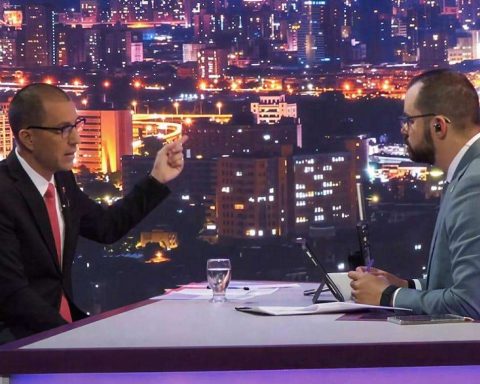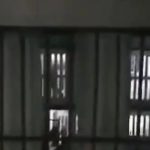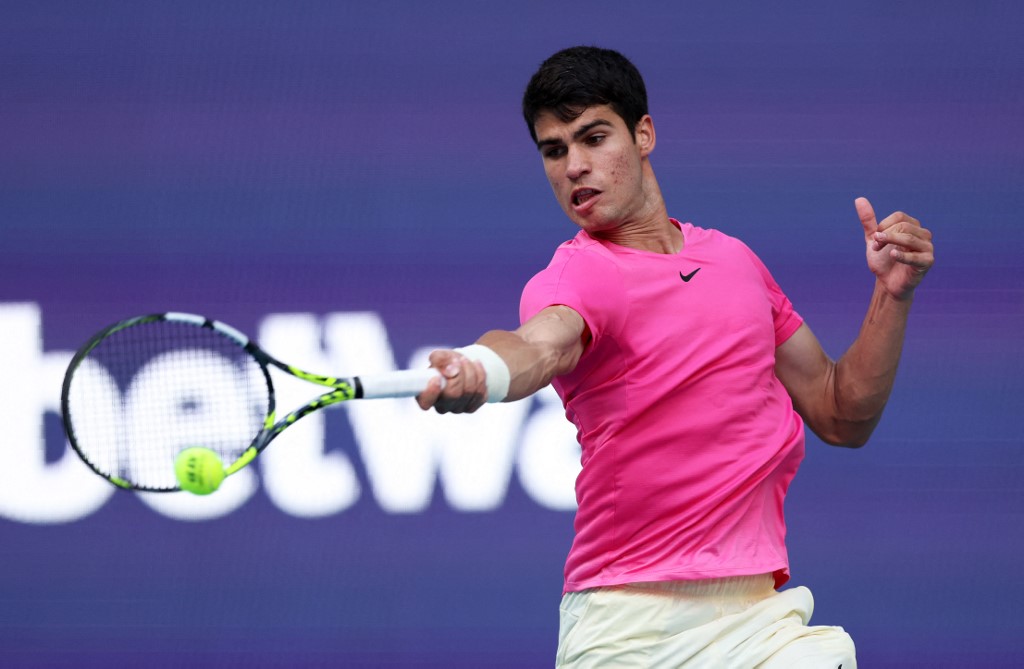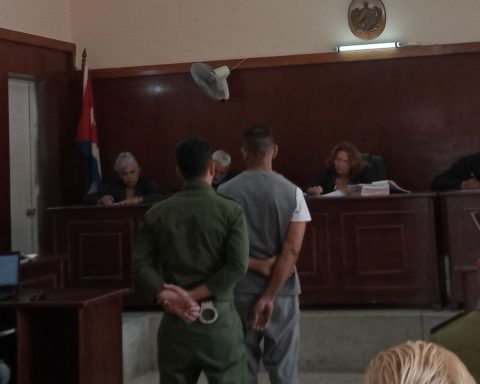For the administration of Nicolás Maduro, the absence of the $21.2 billion not collected by PDVSA is critical in a year in which it traditionally increases public spending, in order to pave the way for presidential elections to be held in 2024.
The investigations announced by Chavismo to find the “root of corruption”, with emphasis on a review of the processes of Petróleos de Venezuela (PDVSA) would be related to the $21.2 billion not collected by the state company for unpaid invoices by intermediaries.
Four sources close to PDVSA told the news agency Reuters that the investigation would have been prompted by the government’s inability to access those $21.2 billion with a presidential campaign to finance in the coming months.
In accordance with Reutersthree sources claimed that the arrests of PDVSA officials in recent days were linked to an investigation into the “great losses the company suffered last year,” when company authorities even allowed ships to leave the country with cargoes containing they had not been paid.
Defaults accumulated to reach $21.2 billion, according to PDVSA documents seen by the agency. This situation was aggravated by the use of unreliable intermediaries in complex operations to try to evade US sanctions against the oil industry.
For the Maduro administration, this sum is a sensitive issue, since with an upcoming presidential campaign, Chavismo intends to increase public spending and counts on oil financing 63% of the public budget.
* Also read: The “looting” in Pdvsa would be up to three times the 2023 fiscal budget in Venezuela
Additionally, the Government faces internal pressures from the labor sector, which has been demanding wage increases on the streets for almost a year, while the recovery of the economy slows down.
In order to maintain the apparent “stabilization” of the economy, Chavismo needs money, since one of its policies is the intervention of the exchange market, through which they inject dollars in an attempt to contain the price of the dollar and mitigate the devaluation of the bolivar. .
In this context of internal unrest and financial need to avoid losing control of the economy as in 2017, the absence of $21.2 billion is presented as a critical element for Chavismo’s plans.
“Money is important, it is the central point of this disaster. If you don’t have money, what do you do? You invent votes,” warned one of the sources consulted by Reuters.
Post Views: 1,188
